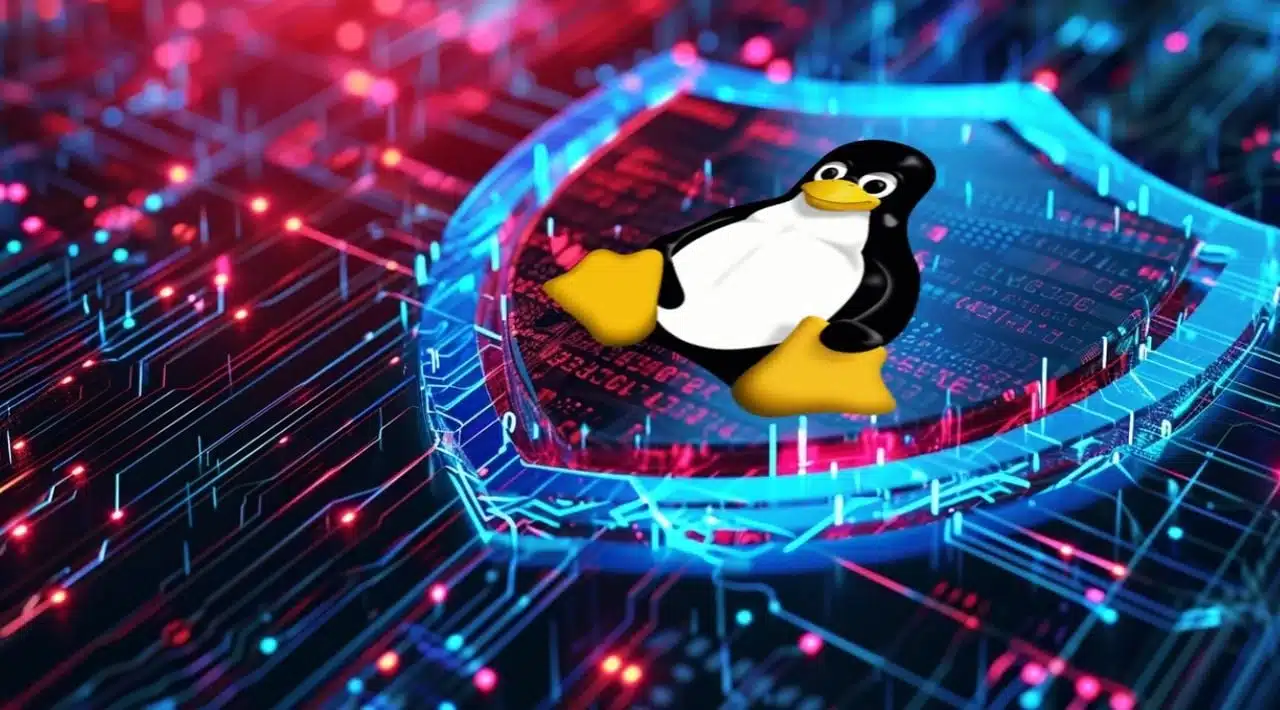If you experience any difficulty in accessing content on our website, please contact us at 1-866-333-8917 or email us at support@chicagovps.net and we will make every effort to assist you.

9:14 am April 6, 2024 By Julian Horsey
The Linux operating system, renowned for its robust security as a pillar of open-source software, has recently faced scrutiny due to a backdoor discovered in its Secure Shell (SSH) service. This revelation has raised concerns about the inherent safety of open-source systems and has sparked a debate on the implications for future security measures. As a user of Linux, you should be aware of the potential risks and the steps the community is taking to address them.
The recent discovery of a backdoor vulnerability within the SSH service of Linux has caused alarm among users and developers alike. This backdoor could potentially allow attackers with a specific private key to gain unauthorized root access to systems running the compromised code, bypassing the need for a password. Such a security breach, while uncommon, poses a significant threat to the integrity and confidentiality of Linux systems.
What makes this backdoor particularly concerning is the manner in which it was introduced. The backdoor was not directly inserted into the source code, which is typically subject to rigorous scrutiny by the open-source community. Instead, attackers concealed it within encrypted binary data during the build process, which is not scrutinized as thoroughly as the source code itself. This method of concealment allowed the backdoor to evade detection during standard code reviews, highlighting a potential weakness in the open-source development model.
The vulnerability was detected in certain versions of XZ Utils, primarily affecting users who had updated to these latest versions. The discovery was made by an employee of Microsoft while benchmarking a database, noticed unusual behavior. Luckily, the discovery limited the possible impact, but it served as a bold reminder of the requirement of constant vigilance in safeguarding the security of open-source software.
Here are a few other articles of potential interest on the topic of Linux
In the aftermath of this event, the importance of scrutinizing makefile changes has taken the center stage. Makefiles, which control the building process, have a crucial part in maintaining system integrity. Ignoring security reviews of makefiles can result in serious oversights, as highlighted by this latest backdoor incident. Looking ahead, the open-source community should focus on the careful examination of makefiles along with the source code itself in order to avert similar vulnerabilities from slipping through unnoticed.
In addition, the Linux backdoor has sparked a renewed discussion regarding the comparative security of open-source versus closed-source software. Advocates for open-source argue that the community’s collaborative nature allows for a more transparent and quick resolution of issues. They highlight the fast identification and correction of the SSH backdoor as an example of the power of the open-source model. On the other hand, supporters of closed-source software maintain that restricting access to the source code can lead to reduced risks of unauthorized modifications, given that the development process is under tighter control.
Understanding that security risks are not limited to open-source software is vital. Ex-Microsoft engineer, Dave Plummer, shares a story about a security breach attempt by an intern at Microsoft. This illustrates that software of all types is vulnerable to backdoor threats. This aspect of history reemphasizes that there is no software system entirely safe from security threats, irrespective of the kind of model it is developed on.
Sharing his experiences during his time at Microsoft, Plummer stated that the non-existence of known backdoors in Windows was a result of thorough internal procedures and perhaps, a bit of luck. This admission reinforces the significance of extensive security precautions and the necessity for continuous alertness in both open-source and proprietary software development.
The unearthing of the SSH backdoor in Linux serves as a crucial warning about the constant need for vigilance in software security, whether the software is open-source or proprietary. It accentuates the need for meticulous reviews which include both the code and the build procedure. With the open-source community growing larger, the shared obligation to protect its software from such threats only increases.
We are all held accountable to maintain awareness and be proactive in the spectrum of digital security. The incident of Linux’s backdoor is a wake-up call for the entire software development fraternity. It stresses the necessity for solid security practices, open cooperation, and continuous enhancement. By absorbing the lessons from this event and fortifying our safeguards, we can strive for a more secure future for every software user.
Latest Geeky Gadgets Deals
ChicagoVPS is your gateway to unparalleled hosting solutions. Our state-of-the-art datacenters and powerful network ensures lightning-fast speeds and uninterrupted connectivity for your websites and applications. Whether you’re a startup looking for scalable resources or an enterprise in need of enterprise-grade hosting, our range of plans and customizable solutions guarantee a perfect fit. Trust in ChicagoVPS to deliver excellence, combining unmatched reliability and top-tier support.
For Inquiries or to receive a personalized quote, please reach out to us through our contact form here or email us at sales@chicagovps.net.
